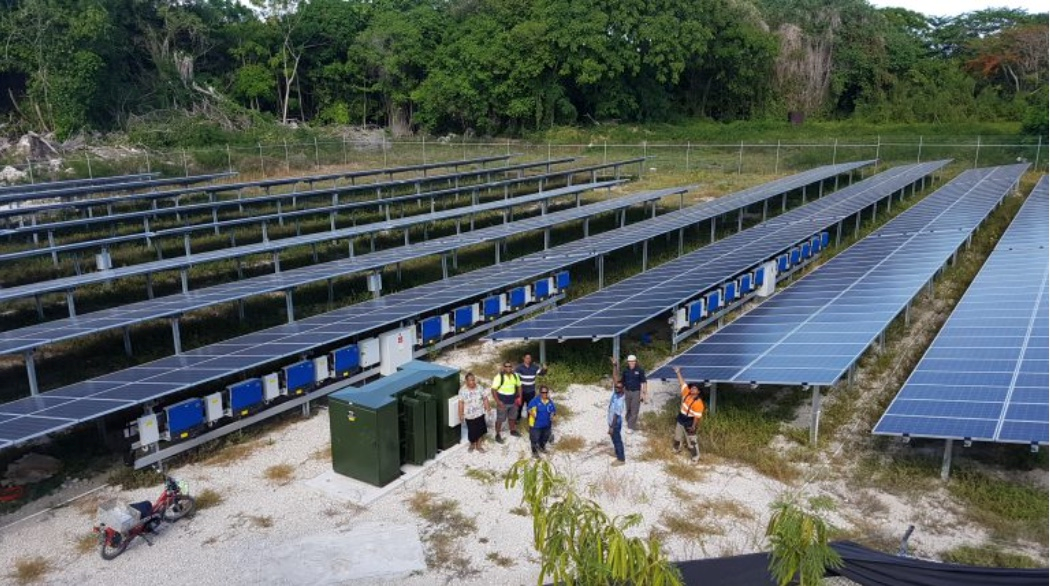Nauru took a big step on energy Friday on the world stage, announcing its commitment to generate 50% of its electricity from renewable sources by 2023.
The country’s Minister for Climate Change, Rennier Gadabu, made the announcement as part of the Ministerial Forums for the UN High-level Dialogue on Energy.
Gadabu explained in his statement that Nauru currently relies heavily on costly and polluting imported diesel fuel, but would aim to shift electricity generation to solar, wind and other renewable sources. They are also committing to a 30% improvement in energy efficiency and electrification of 20% of their vehicle fleet, both by 2030.
“These are realistic and obtainable goals, but by no means will achieving them be easy,” Gababu said. He also indicated that Nauru, with 21 sq km of land and some 12,000 citizens, “will require international financial and technical support to achieve these goals.”
As part of a major mobilisation this year, national and city governments, businesses and other organisations are being urged to submit “Energy Compacts”, setting out specific commitments for achieving access to clean, affordable energy for all by 2030 (Sustainable Development Goal 7) and net zero emissions by 2050, in line with 2030 Agenda for Sustainable Development and the Paris Climate Agreement. Nauru is one of the first countries that have taken this step at the Ministerial Forums.
These voluntary energy commitments will be made public and tracked in an online database with annual reporting through 2030. It is expected that many more Energy Compacts – from national and local governments, businesses, foundations and other organisations — will be announced at the High-level Dialogue, a summit-level event to be held on 20 September 2021.
The Ministerial Forums took place virtually last week are co-hosted by thirty Global Champion countries, of which Nauru is one.
